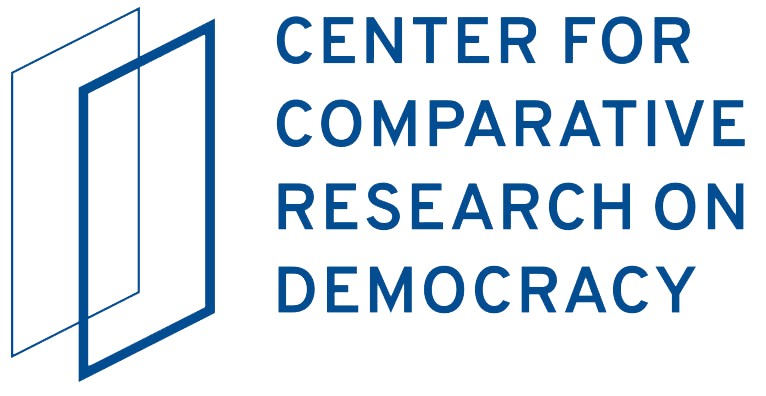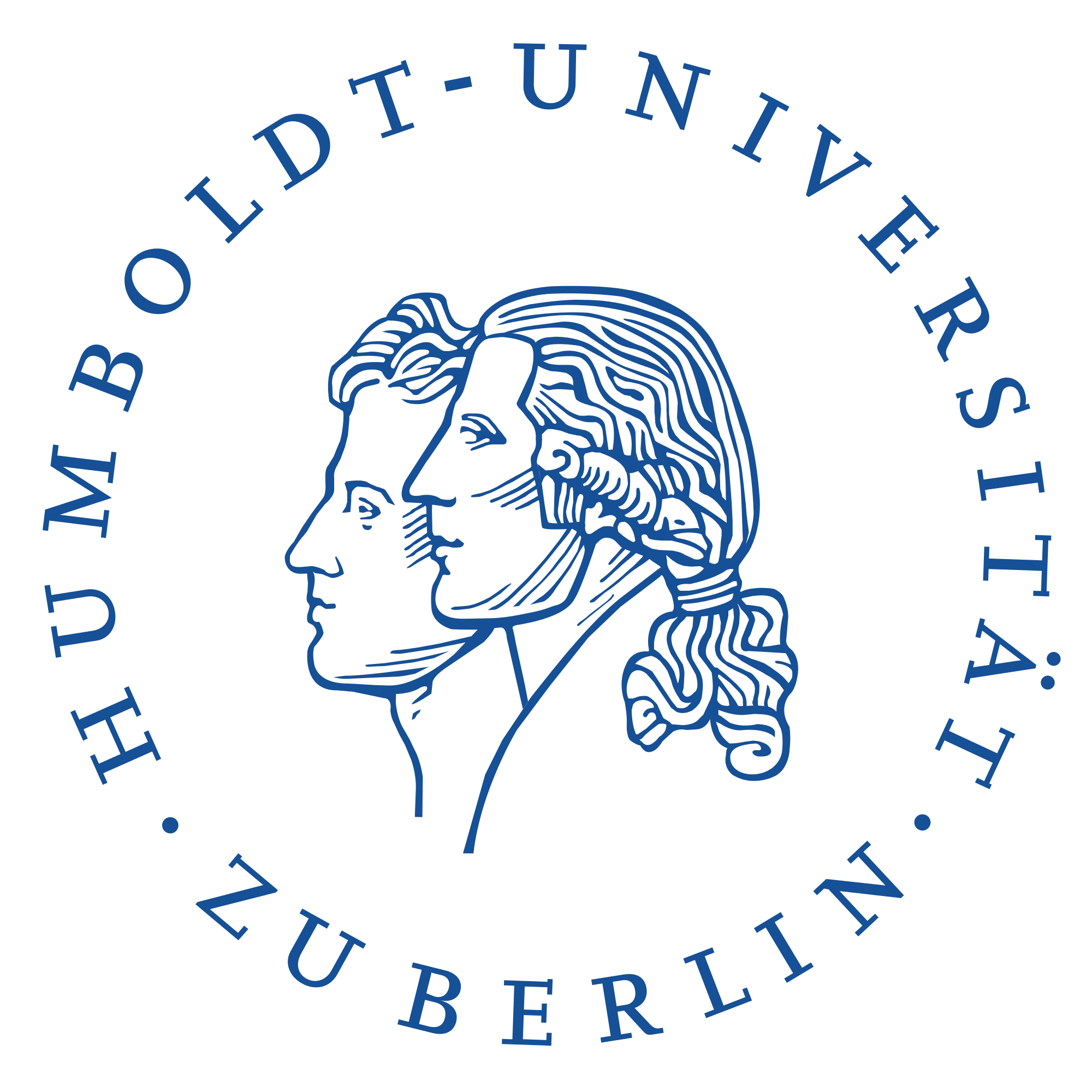Activism in the Face of Authoritarianism: Environmental Movements in Contemporary Turkey
Researcher
Dr.Burcu BinbuğaProject description
Duration
2020-2022
Funding
Einstein Foundation Berlin Academic Freedom Program
The Genealogy of Turkish “Exceptional” State: The State of Emergency Policies, Constitutionalism and Citizenship in Turkey
Researcher
Dr. Zafer YılmazProject description
Duration
2020-2021
Funding
Einstein Foundation Berlin Academic Freedom Program
The Politics of Legality of the Authoritarian Regime in Turkey
Researcher
Assoc. Prof. Dr. Zeynep KıvılcımProject description
Duration
2019–2021
Funding
Einstein Foundation Berlin Academic Freedom Program
Publications related to the project:
“The Politics of Legality of the Authoritarian Liberal Regime in Turkey”, in Regime Change in Turkey. Neoliberal Authoritarianism, Islamism, and Populism, edited by Ezgi Pınar, Errol Babacan, Melehat Kutun, Zafer Yılmaz, Routledge, 2021
"Authoritarian Legality and Survival of Migrants and Refugees in Turkey", New Perspectives on Turkey Special Issue, “Vulnerabilities, Resilience: Survival and Coping Strategies of Migrants and Refugees in Turkey”, forthcoming 2023
Presentations related to the project:
“Authoritarian politics of legality in the field of migration”, ISA Forum (Virtual): Challenges of 21st Century: Democracy, Environment, Inequalities, Intersectionality, Porto Alegre, Brazil, 23-28 February 2021.
“Academic Freedom and Neo-liberal Authoritarianism in Turkey”, Threats to Academic Freedom – Historical and Contemporary Perspective, Workshop Wissenschaftskolleg zu Berlin, 21-22 October 2020.
"Enduring Effects of the State of Emergency Measures in Turkey", Lecture at Leiden University Law School (Virtual), 23 June 2020.
“The Politics of Legality of the Authoritarian Liberal Regime in Turkey”, Conference on ‘Rights and Equality in Contemporary Turkey’, Humboldt University, Berlin, 13-15 November 2019.
Analysis of Media Control as a Symptom of Democratic Backsliding in the AKP Era
Researcher
Assoc. Prof. Dr. Gülçin Balamir CoşkunProject description
Duration
October 2018–April 2021
Funding
Einstein Foundation Berlin Academic Freedom Program
Publications related to the project:
Coşkun, G.B. (2020) Media capture strategies in new authoritarian states: the case of Turkey. Publizistik 65, 637–654. https://doi.org/10.1007/s11616-020-00600-9
Coşkun, G.B. & Kölemen, A. (2020) Illiberal Democracy or Electoral Autocracy: The Case of Turkey. In Democracy at Risk: The Emergence of Illiberalism (Boris Vormann and Michael Weinman (eds.)), London: Routledge. https://doi.org/10.4324/9780429347368
Coşkun, G.B. (2021). Turkey's New Internet Law and Its Effects on Freedom of Media. https://www.resetdoc.org/
Brutal Urban Policy for/of an Authoritarian Regime: Centralization of the Urban Governance and Struggles Against the State Hegemony
Researcher
Assoc. Prof. Dr. Tuba İnal-ÇekiçProject description
Duration
2019–2021
Funding
Einstein Foundation Berlin Academic Freedom Program
The End of the Peace Process and Turkey’s New Political Regime
Researcher
Assoc. Prof. Ayşegül Kars KaynarProject description
Duration
2019–2020
Funding
Einstein Foundation Berlin Academic Freedom Program


